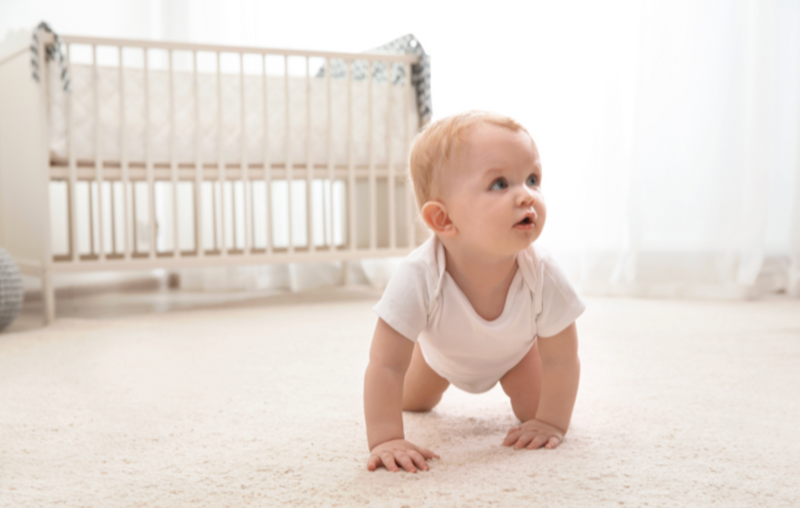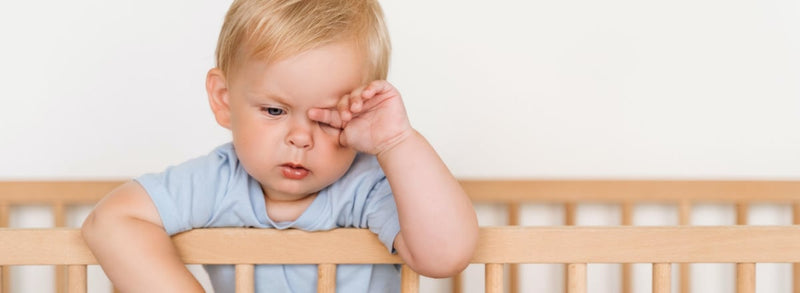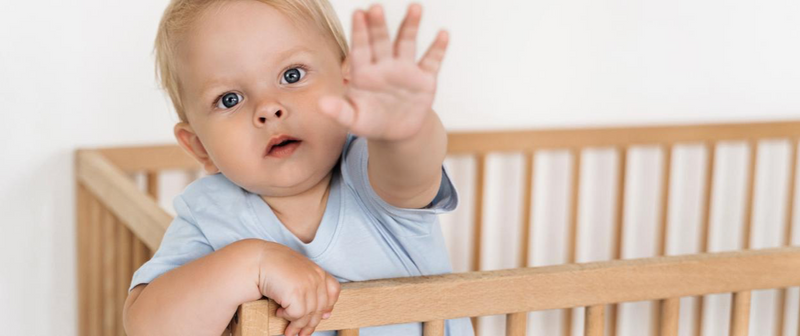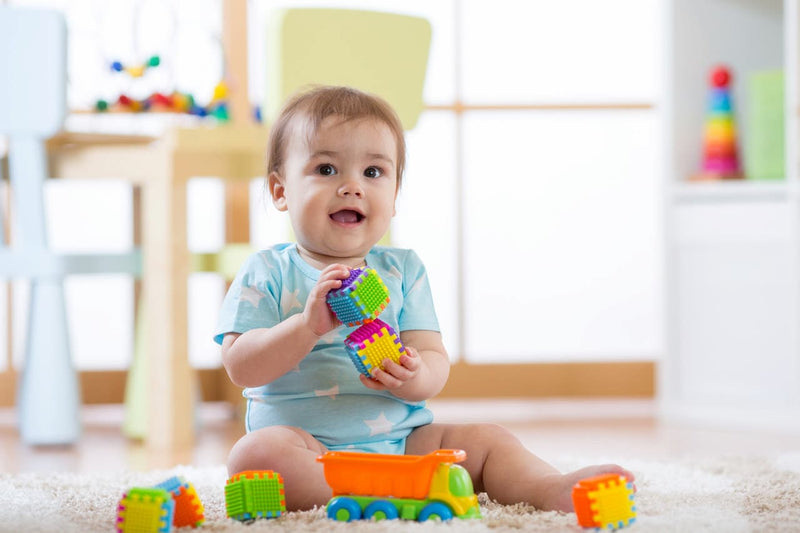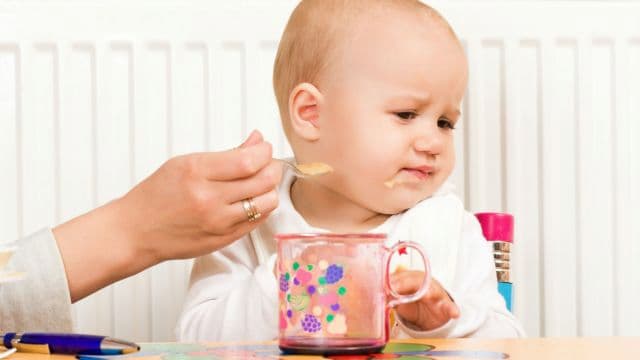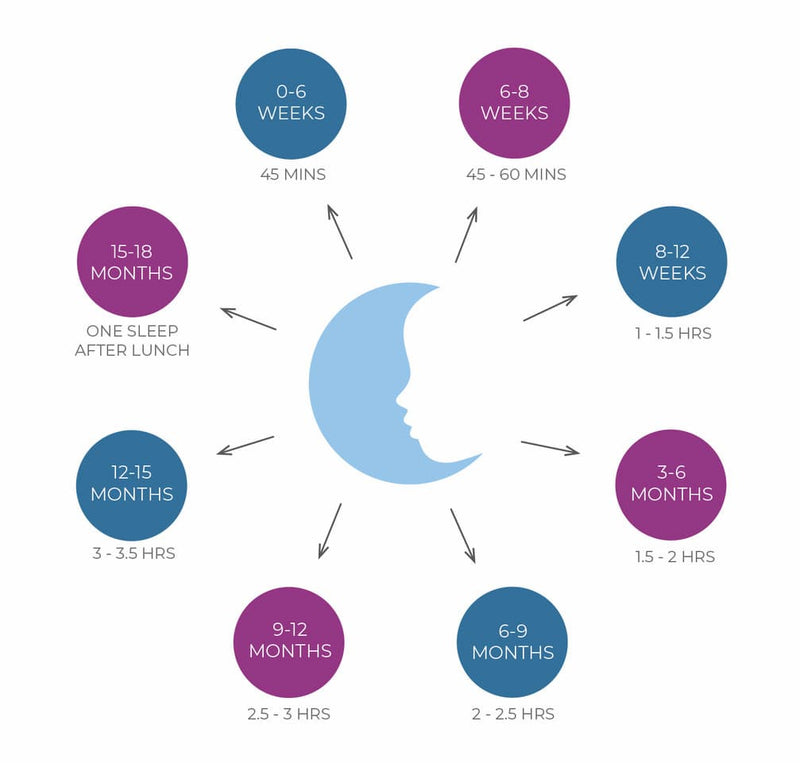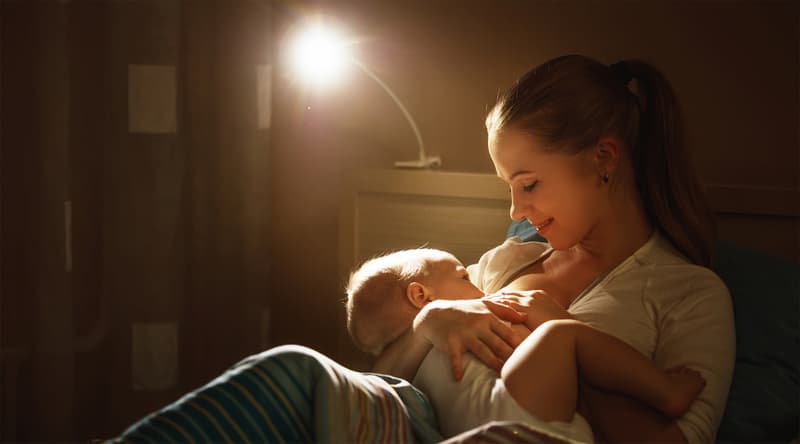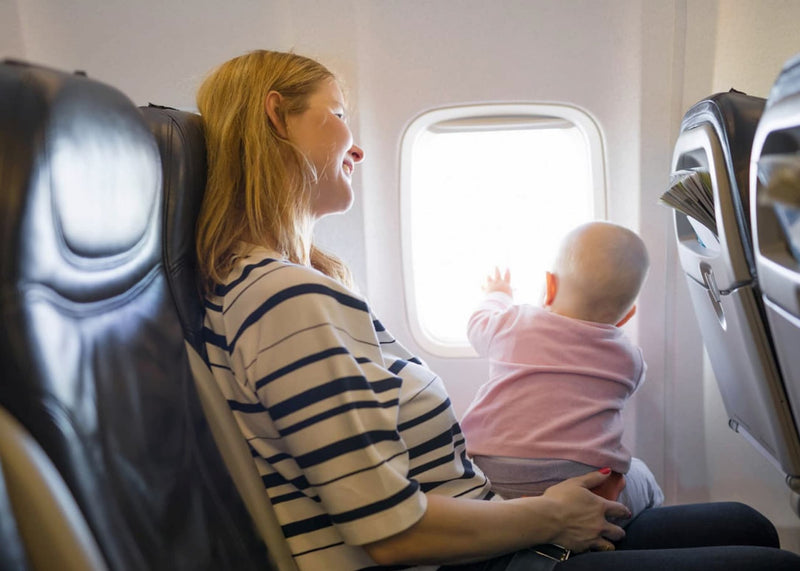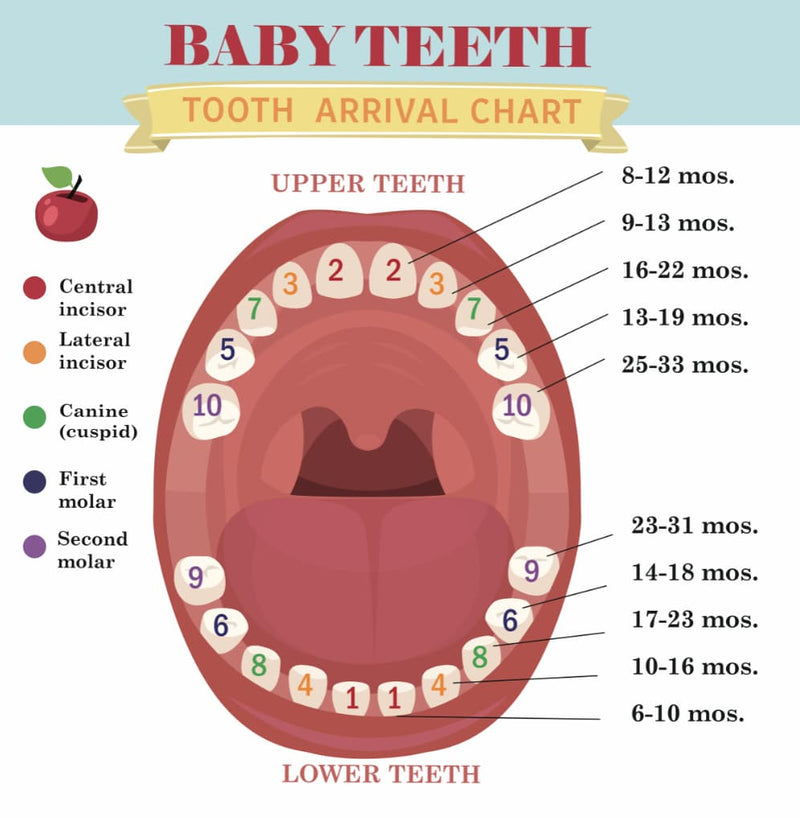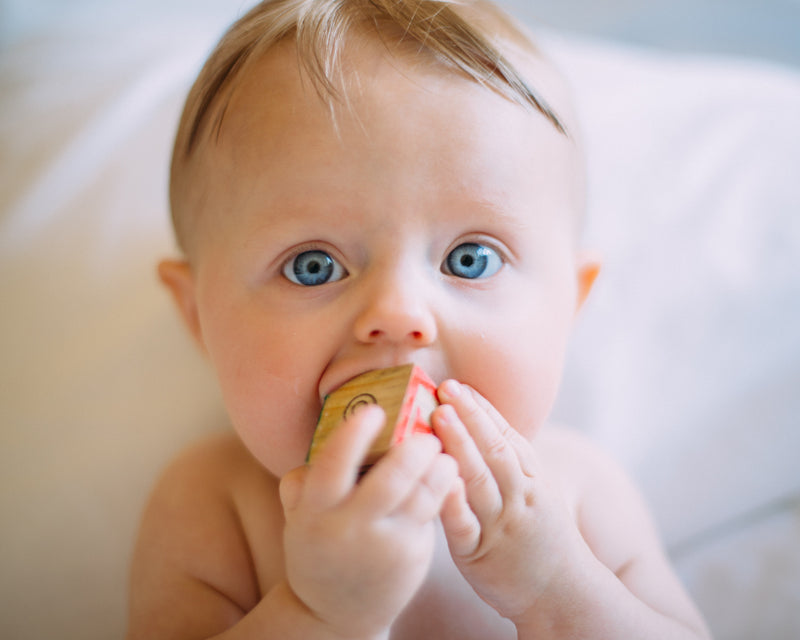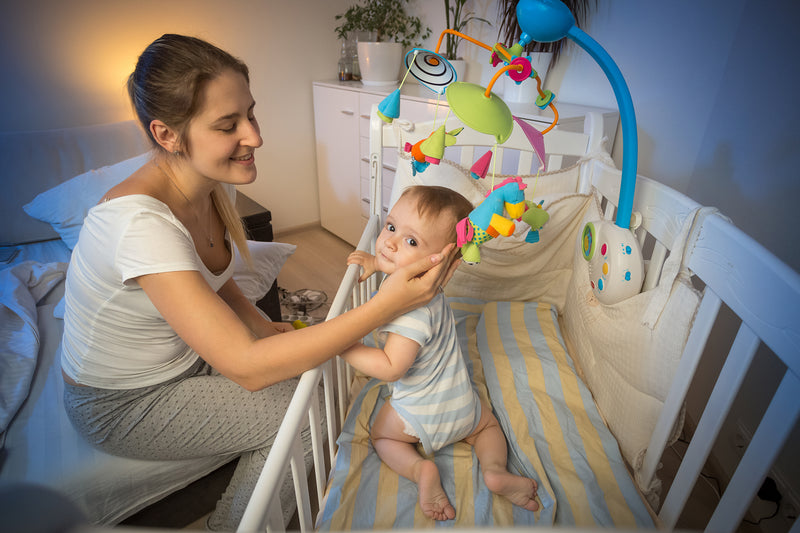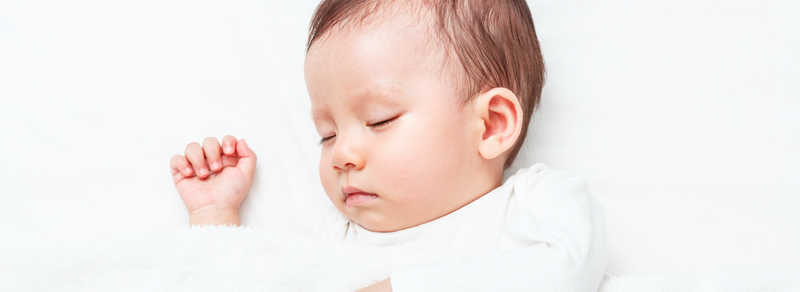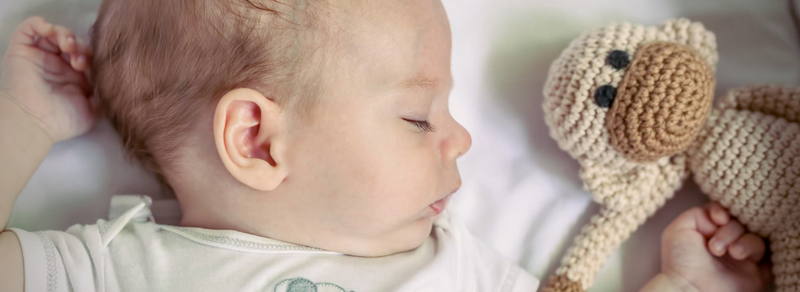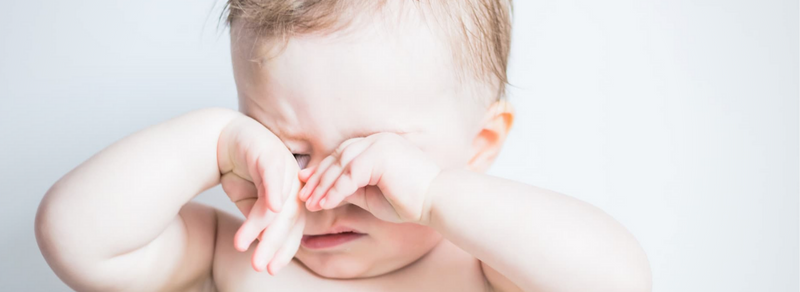
5 Tips For Catnapping
- Dark Room
Having a dark room for a baby's sleep can provide several benefits. Firstly, darkness helps to promote better sleep by signalling the body to produce melatonin, a hormone that regulates sleep-wake cycles. This can help the baby fall asleep faster and stay asleep longer.
Secondly, a dark room can create a calm and soothing environment, reducing distractions and stimulation that may interfere with the baby's sleep. It can help block out external noises and visual stimuli, creating a peaceful atmosphere for restful sleep.
Additionally, a dark room can help establish a consistent sleep routine and signal to the baby that it is time to sleep. This can be especially helpful during daytime naps when natural light may be more abundant.
Overall, providing a dark room for a baby's sleep can contribute to better sleep quality, improved sleep patterns, and a more restful and rejuvenating sleep experience for the baby.
- White Noise
Using white noise for a baby's sleep can offer several benefits. Firstly, white noise can help create a soothing and consistent background sound that masks other noises in the environment. This can be particularly helpful in reducing disruptions from household noises, outside sounds, or sudden loud sounds that may startle the baby and disrupt their sleep.
Secondly, white noise can help mimic the familiar sounds that the baby heard in the womb, providing a sense of comfort and security. This can help the baby relax and fall asleep more easily.
Additionally, white noise can help drown out internal and external noises, such as the baby's own movements or sounds, which might otherwise disturb their sleep. It can also help create a consistent sleep environment, making it easier for the baby to transition between sleep cycles without fully waking up.
Furthermore, white noise can help establish a sleep routine and signal to the baby that it is time to sleep. By associating the white noise with sleep, the baby may learn to recognise and respond to this cue, making it easier for them to settle down and fall asleep.
Overall, using white noise for a baby's sleep can promote a more peaceful and uninterrupted sleep environment, enhance relaxation, and contribute to better sleep quality for the baby.
The Baby Sleep Magic App will help your baby get a full nights sleep within days or your money back, Download today
- Wake Windows
The concept of a wake window refers to the period of time between a baby's sleep periods or naps. Understanding and following appropriate wake windows can be important for a baby's sleep for several reasons.
Firstly, wake windows help regulate a baby's sleep-wake cycle and promote a consistent sleep routine. By spacing out sleep periods appropriately, it helps ensure that the baby is not overtired or under-tired, which can both negatively impact their ability to fall asleep and stay asleep.
Secondly, following appropriate wake windows can help prevent overstimulation or over-exhaustion. Babies have limited tolerance for being awake, and exceeding their wake window can lead to increased fussiness, difficulty settling down, and disrupted sleep. On the other hand, not allowing enough wake time between sleep periods can result in a baby not being tired enough to fall asleep easily.
Additionally, maintaining appropriate wake windows can help regulate the baby's circadian rhythm, which is the internal body clock that regulates sleep and wakefulness. Consistency in wake windows can help synchronise the baby's sleep patterns with the natural day-night cycle, promoting better sleep quality and overall sleep health.
It is important to note that the appropriate length of wake windows can vary depending on the baby's age, individual sleep needs, and developmental stage.
- Active Playtime
Active playtime is important for a baby's sleep for several reasons. Firstly, engaging in physical activity during the day helps to tire out the baby, making them more likely to feel sleepy and ready for sleep when bedtime approaches. Active playtime can help expend their energy and promote a more restful sleep.
Secondly, active playtime contributes to the overall development of the baby. It helps strengthen their muscles, improve coordination, and enhance motor skills. These physical developments are important for the baby's growth and can also contribute to better sleep quality.
Additionally, active playtime provides an opportunity for the baby to explore their environment, engage their senses, and stimulate their cognitive development. This mental stimulation during playtime can help tire their mind as well, making it easier for them to relax and fall asleep.
Furthermore, active playtime can help regulate the baby's circadian rhythm, which is the internal body clock that regulates sleep-wake cycles. Exposure to natural light during outdoor playtime can help synchronise the baby's body clock, making it easier for them to establish a consistent sleep routine and adjust to day and night cycles.
- Full Tummy
Having a full tummy is imperative for a baby's sleep for several reasons. Firstly, a baby who is well-fed before sleep is more likely to feel content and comfortable, which can contribute to a smoother transition into sleep. Hunger can be a significant source of discomfort and can disrupt a baby's ability to settle down and fall asleep.
Secondly, a full tummy provides the necessary nutrients and energy for the baby's growing body and brain. During sleep, the body undergoes important processes such as growth, repair, and development. Having a well-nourished body ensures that these processes can occur optimally, supporting the baby's overall health and well-being.
Additionally, a baby with a full tummy is less likely to wake up due to hunger prematurely from a nap or during the night. This can lead to longer stretches of uninterrupted sleep, allowing both the baby and parent to get more restful sleep.
It is important to note that the timing of feeding in relation to sleep is also crucial. It is generally recommended to avoid feeding your baby immediately before sleep as it can create a dependency on feeding for falling asleep. Establishing a routine that includes feeding earlier in the sleep routine can help the baby associate fullness with sleep preparation.
Overall, ensuring that a baby has a full tummy before sleep can contribute to their comfort, support their growth and development, and promote longer periods of uninterrupted sleep.
The Baby Sleep Magic App will help your baby get a full nights sleep within days or your money back, Download today



